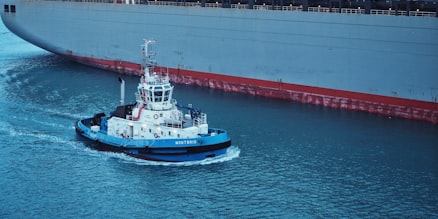
The 2020 Navigational Claims report by the Swedish Club is focusing on a ro-ro vessel which eventually grounded due to the fact that the Master and the Navigation Officer did not implement a passage plan.
The Incident
A 50,000 GT ro-ro vessel was conducting its loading operations in a European port, while the Navigation Officer had prepared the passage plan for the next port of call in central America. Before departure, the Master received weather routing for the passage which suggested a route...
https://safety4sea.com/lessons-learned-ro-ro-runs-aground-after-not-double-checking-passage-plan/








